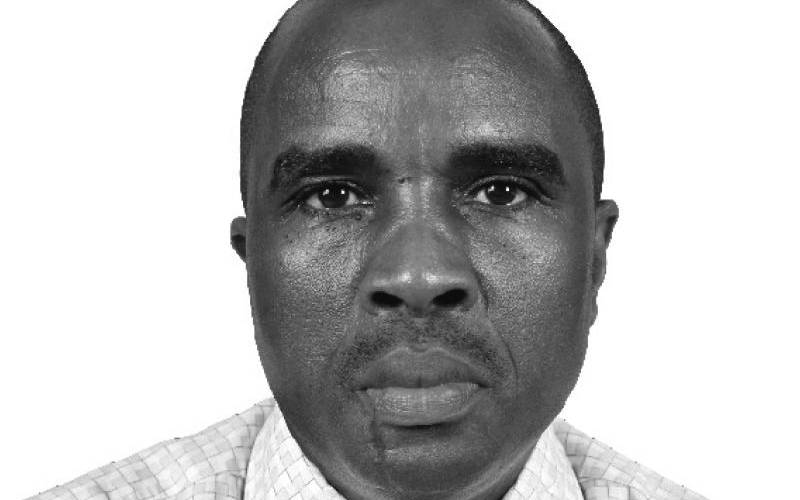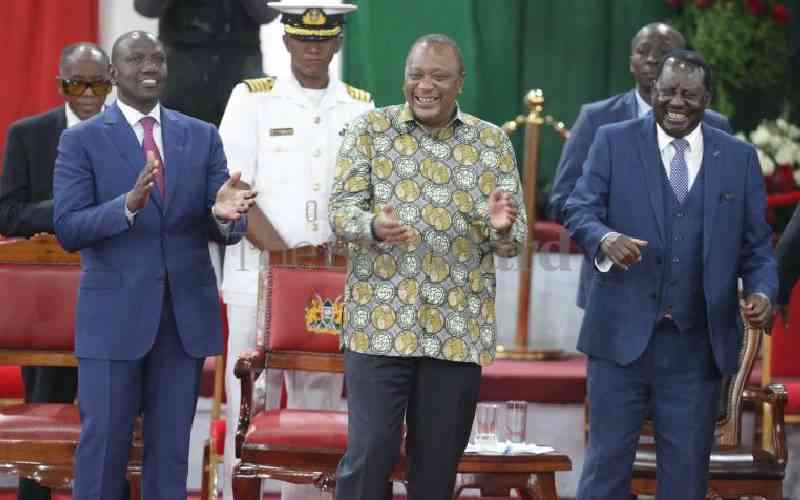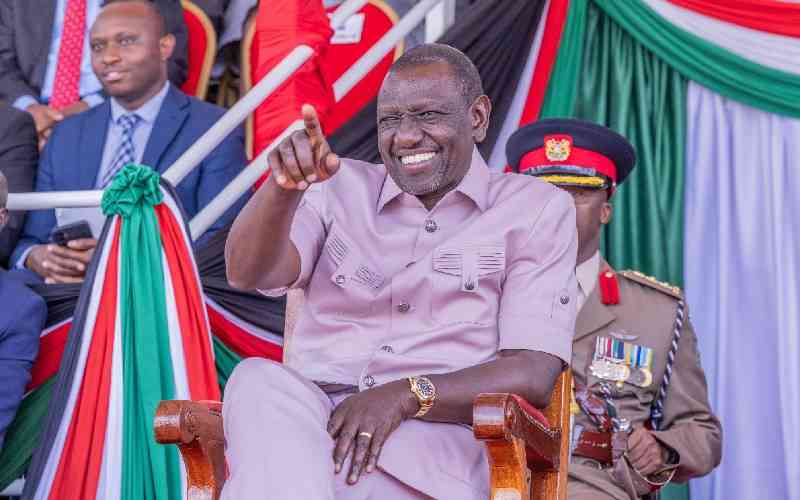
The embarrassing exit of American troops from Afghanistan provides a useful lesson to imperial powers like the USA who seek to “bring democracy” to far off lands, but also to lesser powers like Kenya and Uganda seeking to stabilise African war-zones like Somalia.
While there may be justification for some level of engagement, especially where instability in these polities has prejudicial impact on local conditions, these “democratising” and “stabilising” projects which involve occupation are not sustainable.
When the US invaded Afghanistan in 2001, it was in direct response to the support the Taliban-led government had granted to Osama Bin Laden and his band of miscreants. The latter had in one morning torn asunder the veil of impenetrability the US held since Pearl Harbor.
That attack had not only forced America into the second world war but had ultimately caused Japan to be punished with the atomic bomb. The sheer force of that response seems to have kept terror off the American shores for decades.
It was inevitable that America would show force once that veneer was penetrated. But what started off as a “war on terrorists” morphed into a “war on terror” and ultimately into a “mission to civilise” with devastating consequences on American soldiers and Afghan civilians. While Conservatives have been garrulous in blaming President Joe Biden for the disastrous exit, this process commenced with Barack Obama’s campaign promise to get American troops out from both Iraq and Afghanistan.
Obama managed to exit Iraq, where America had no basis for being in the first place and Iraq descended into vicious civil war and many believe, to the birth of ISIS. By the time Trump came to power, the morale of the American soldiers in Afghanistan was at its lowest. America’s popularity was minimal, lower even than the previously despised Taliban. This change of fortunes had resulted from numerous American missteps, including disengaging from the local military after a series of videoed human rights abuses by American soldiers on Afghans, “black on blue” attacks through which American soldiers were killed by Afghan soldiers, and supporting a grossly corrupt regime in Kabul. Indeed, in the last two years, America had only survived after entering a pact with the Taliban not to harm American soldiers even as the Taliban carried out a reign of terror on the Afghan population.
The hasty troop withdrawal was informed by the reality that the Taliban-American pact was coming to an end and the Taliban had refused to extend the same. Had America not withdrawn, the attacks on its soldiers would have commenced, a scenario no right-thinking administration would countenance. There is no doubt that America would have been more successful if it had retained its plan as initially devised, the ejection of the Taliban from Kabul and decimation of Al-Qaeda in Afghanistan.
Once that was completed, America had no other role in Afghanistan, notwithstanding possibility of the Taliban returning and continuing their human rights-abusing tendencies. America is not, and neither is any country, the world’s human rights ombudsman.
Ultimately, every country is responsible for its welfare. This is the approach Kenya needs to take in Somalia. We need to be clear about our strategic role in Somalia and how that dovetails with our national interests.
We must be careful not to allow mission creep, which is beloved of the generals and military bureaucrats who see the enriching opportunities wrought by occupation. Once that limited mission is over, we must get out of Somalia fast and leave the Somalis to deal with their internal issues. Failing that, we will soon be rushing off Mogadishu Airport, with tails between our legs, with no appreciation from a world with little patience for occupiers; however noble their intentions.
 The Standard Group Plc is a
multi-media organization with investments in media platforms spanning newspaper
print operations, television, radio broadcasting, digital and online services. The
Standard Group is recognized as a leading multi-media house in Kenya with a key
influence in matters of national and international interest.
The Standard Group Plc is a
multi-media organization with investments in media platforms spanning newspaper
print operations, television, radio broadcasting, digital and online services. The
Standard Group is recognized as a leading multi-media house in Kenya with a key
influence in matters of national and international interest.
 The Standard Group Plc is a
multi-media organization with investments in media platforms spanning newspaper
print operations, television, radio broadcasting, digital and online services. The
Standard Group is recognized as a leading multi-media house in Kenya with a key
influence in matters of national and international interest.
The Standard Group Plc is a
multi-media organization with investments in media platforms spanning newspaper
print operations, television, radio broadcasting, digital and online services. The
Standard Group is recognized as a leading multi-media house in Kenya with a key
influence in matters of national and international interest.






